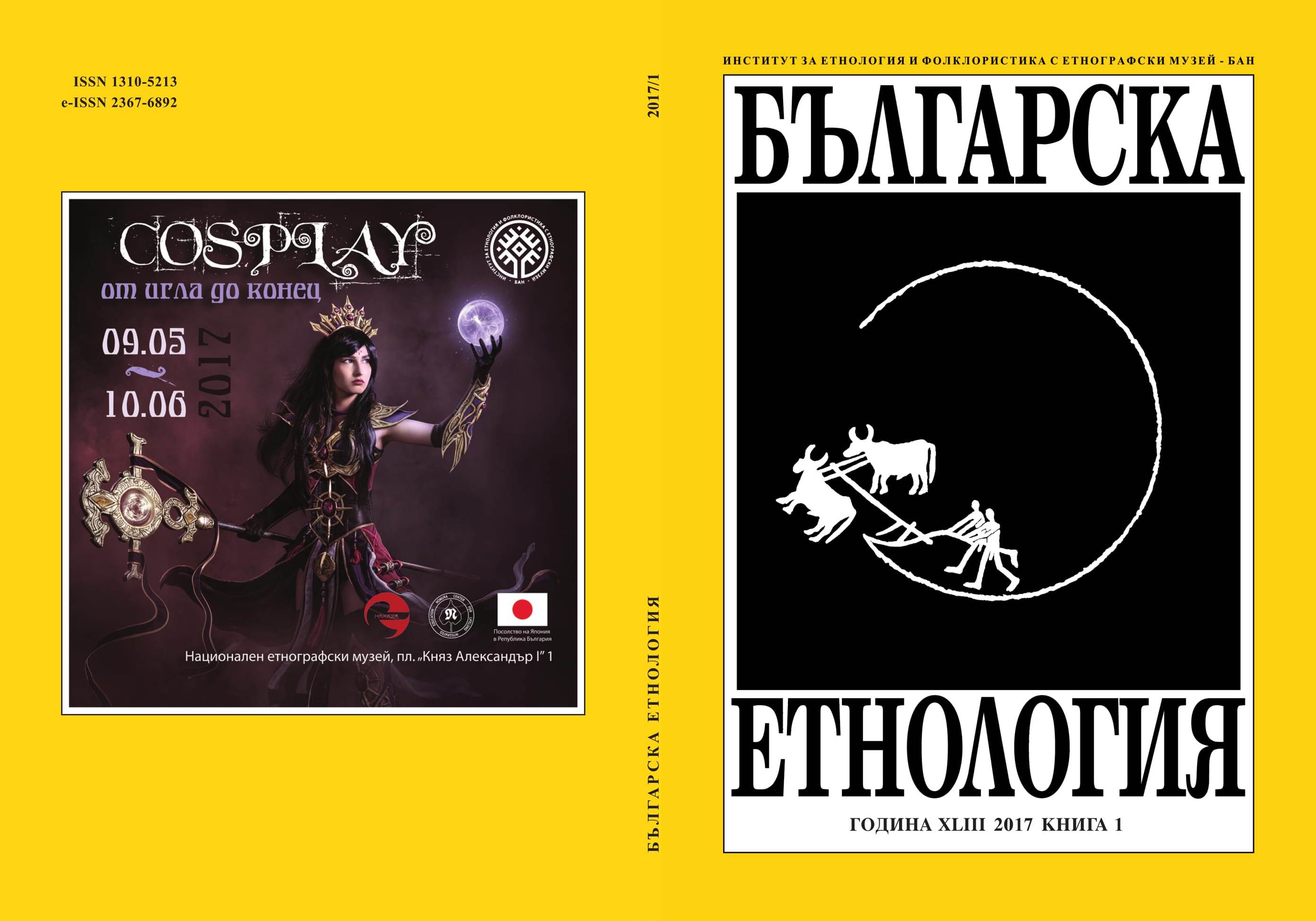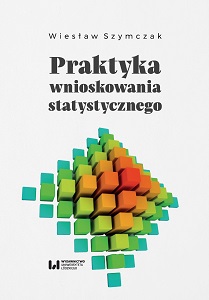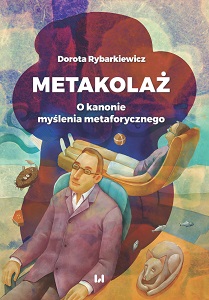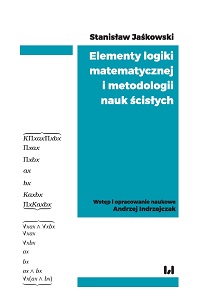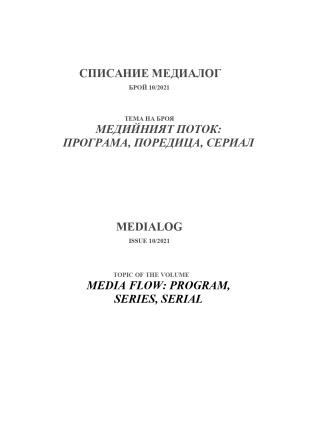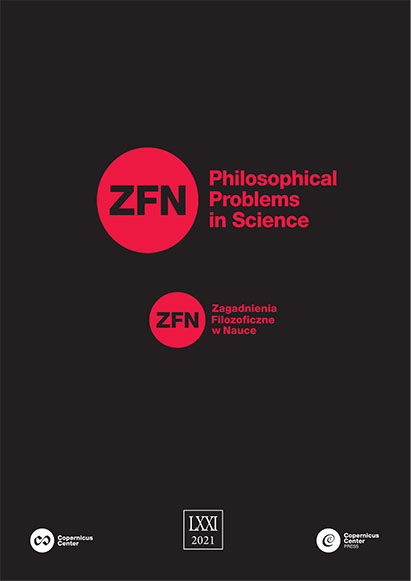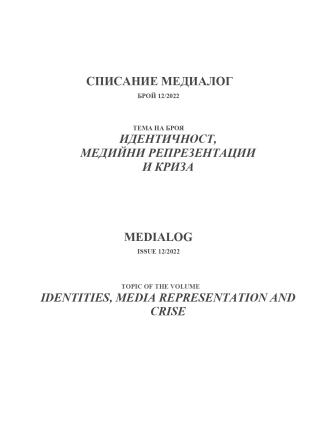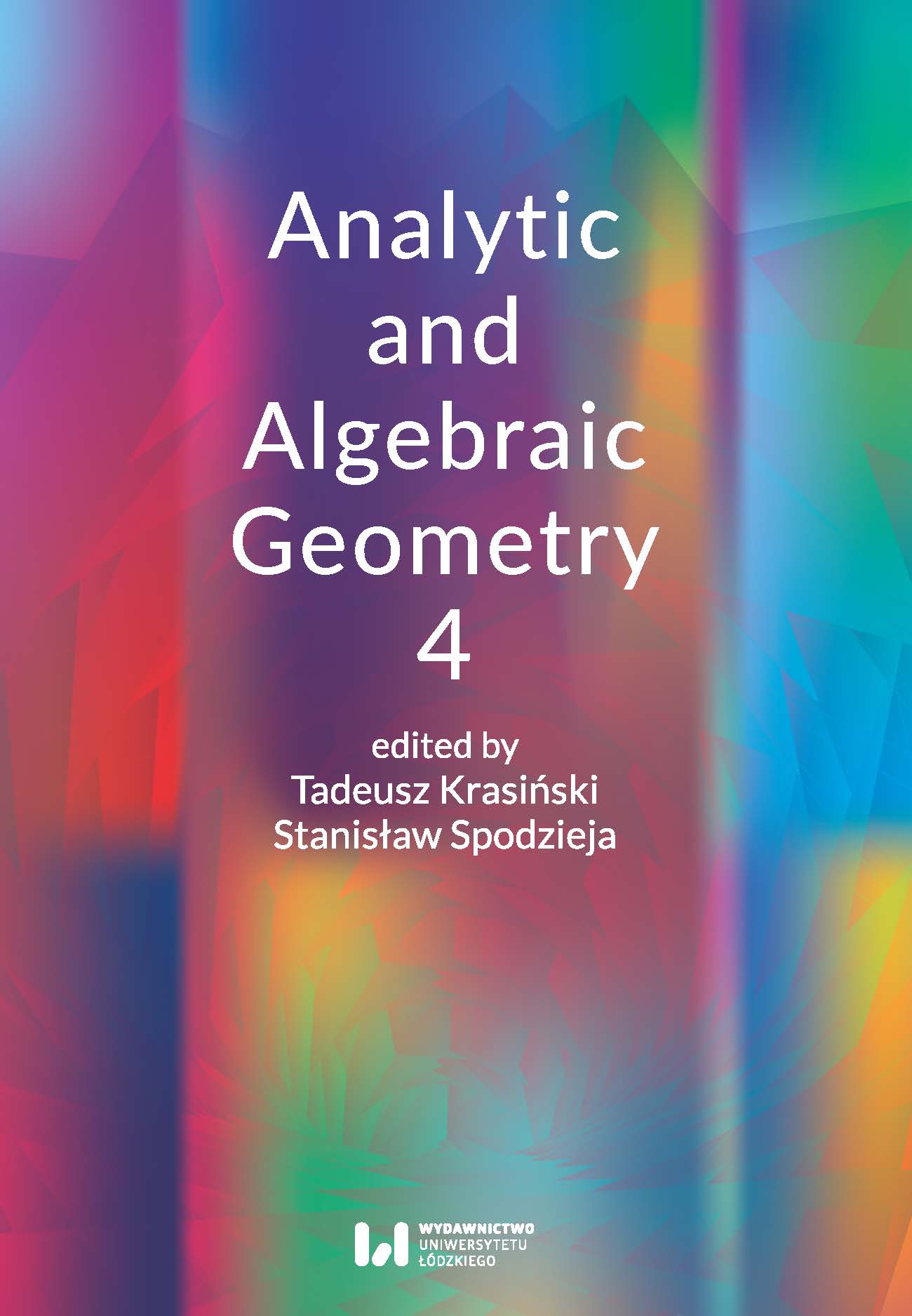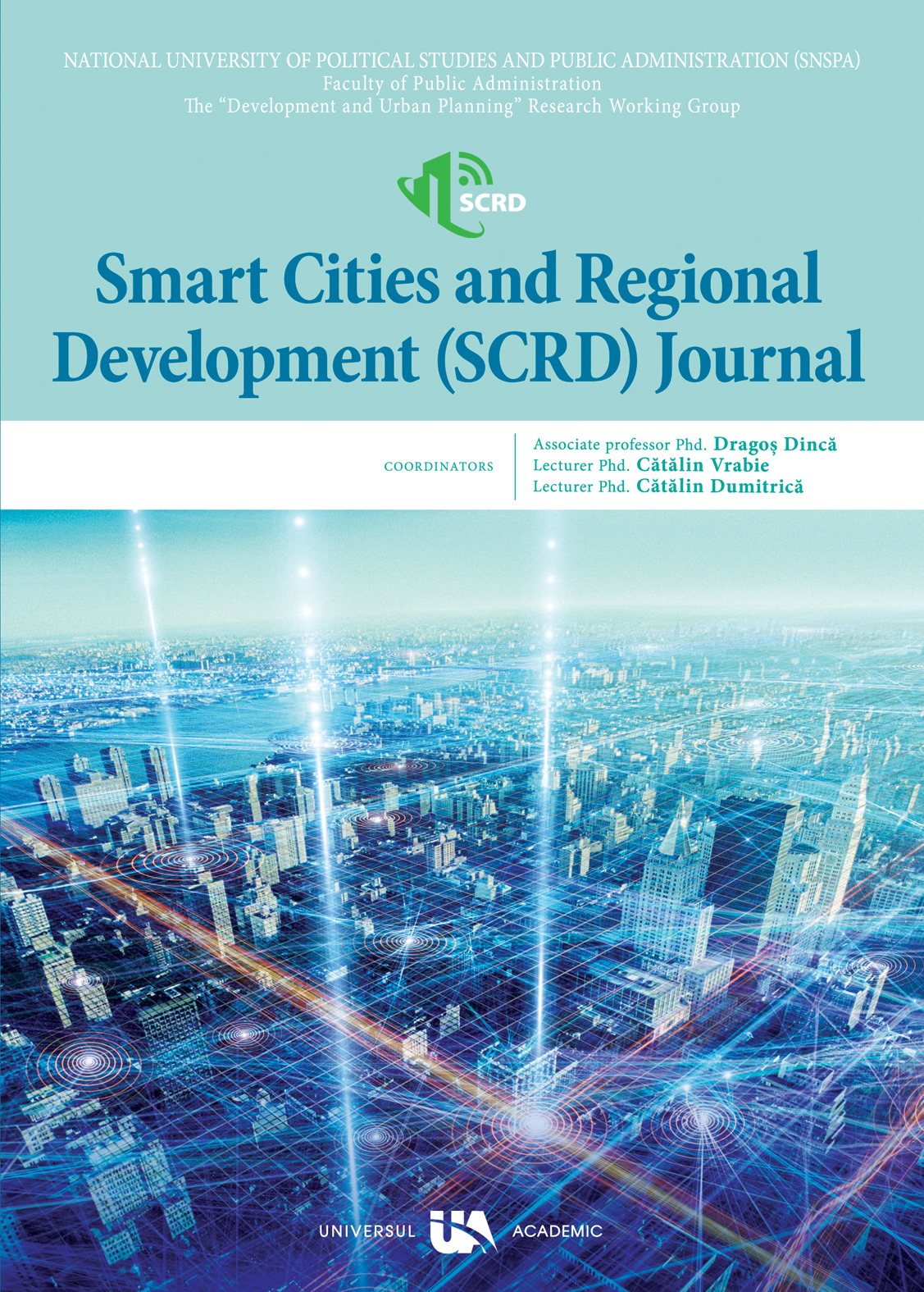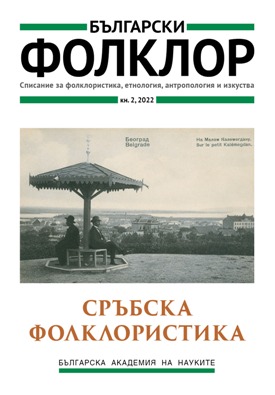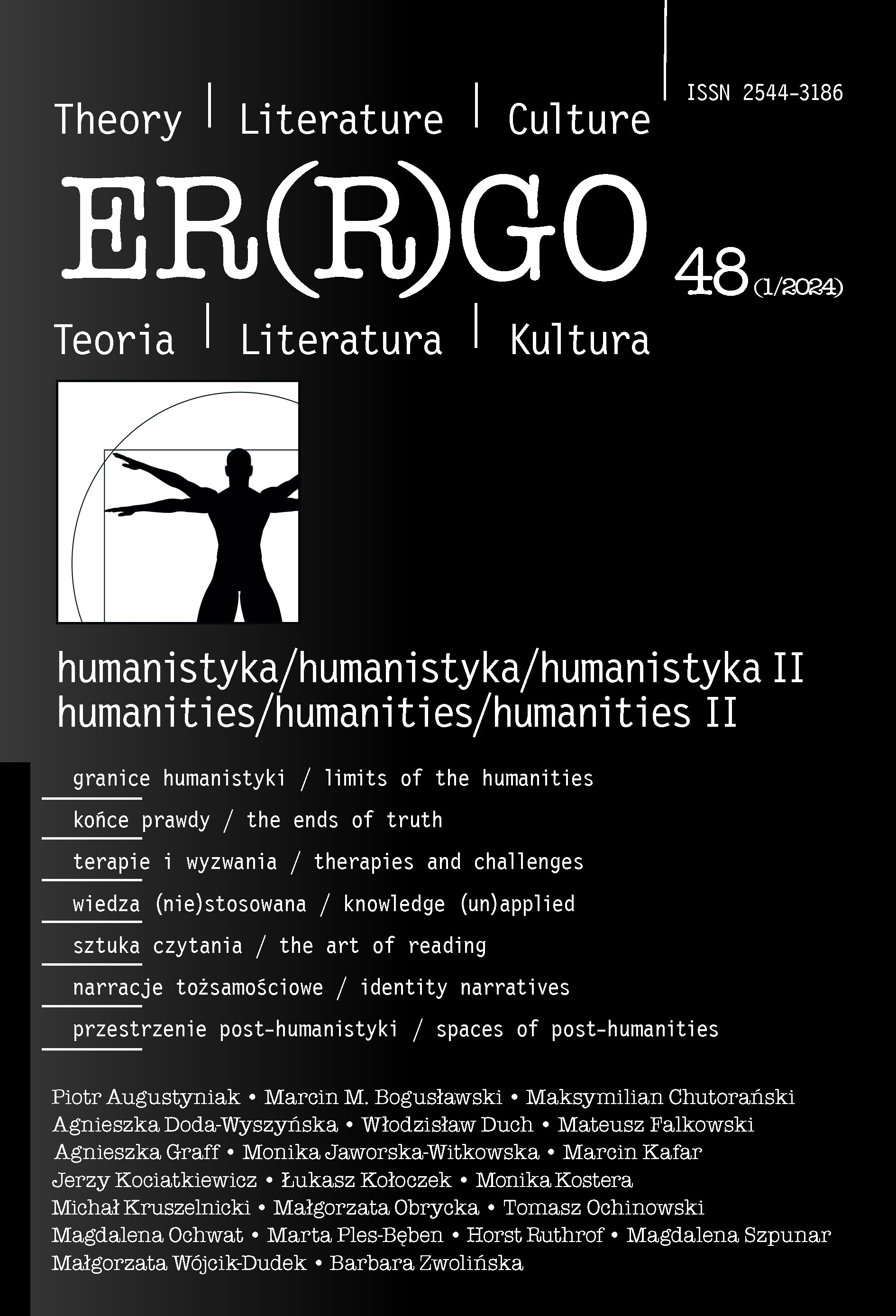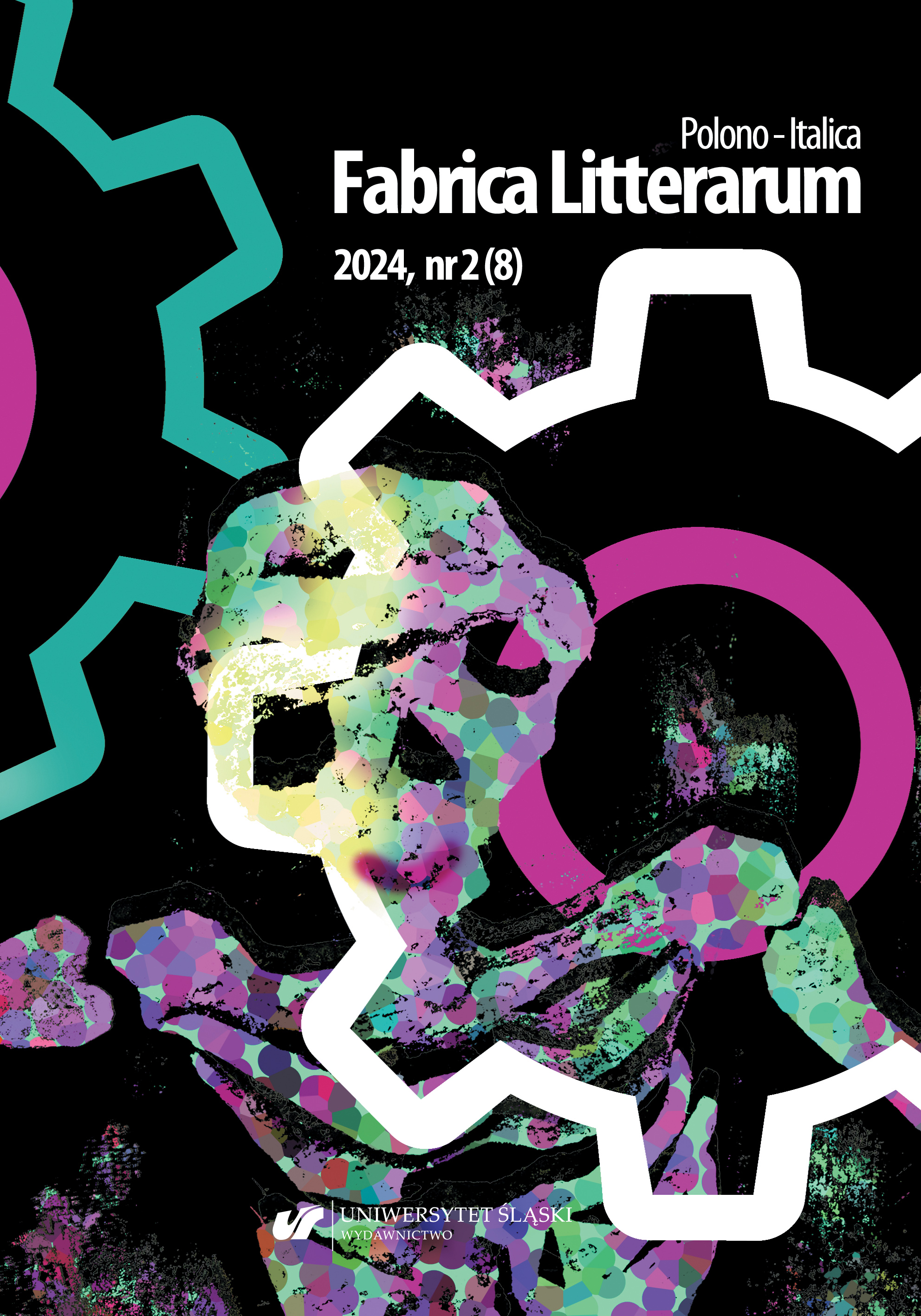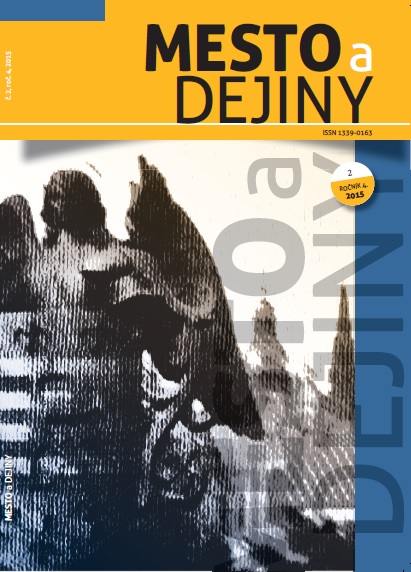
Johann Carl Zinner
The study presents a brief biography of university teacher, scientist and intellectual Carl Johannes Zinner († around 1810). His activities are connected in a special way with Košice, he worked at the Royal Academy. Interest in the modern history of the United States led him to make contact with Benjamin Franklin. In consideration of this he obtained a special position in the history of Hungary and belonged to the important persons of history at the late 18th century. The study maps Zinner's life, work as well as scientific and political thoughts of Zinner to the recent or past events.
More...
